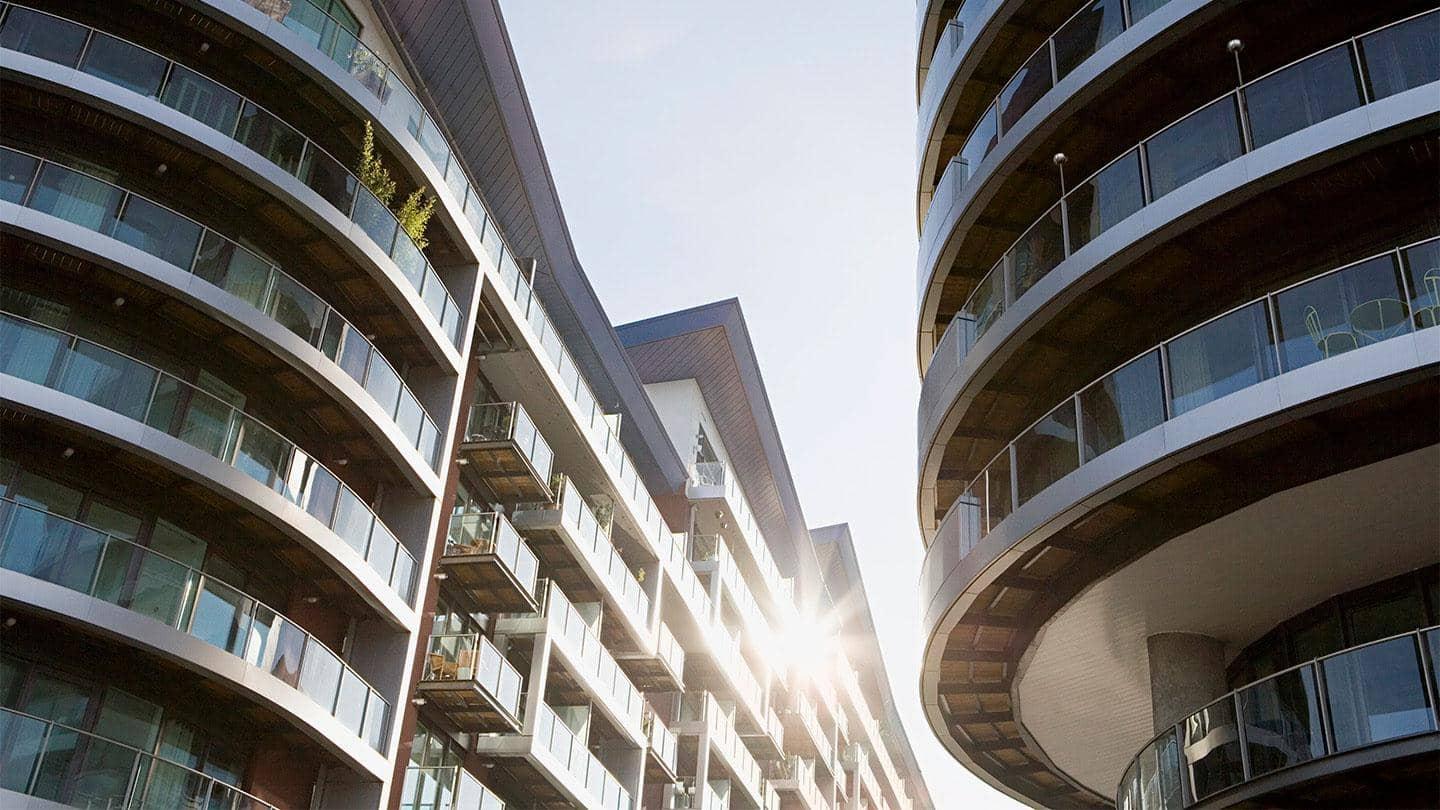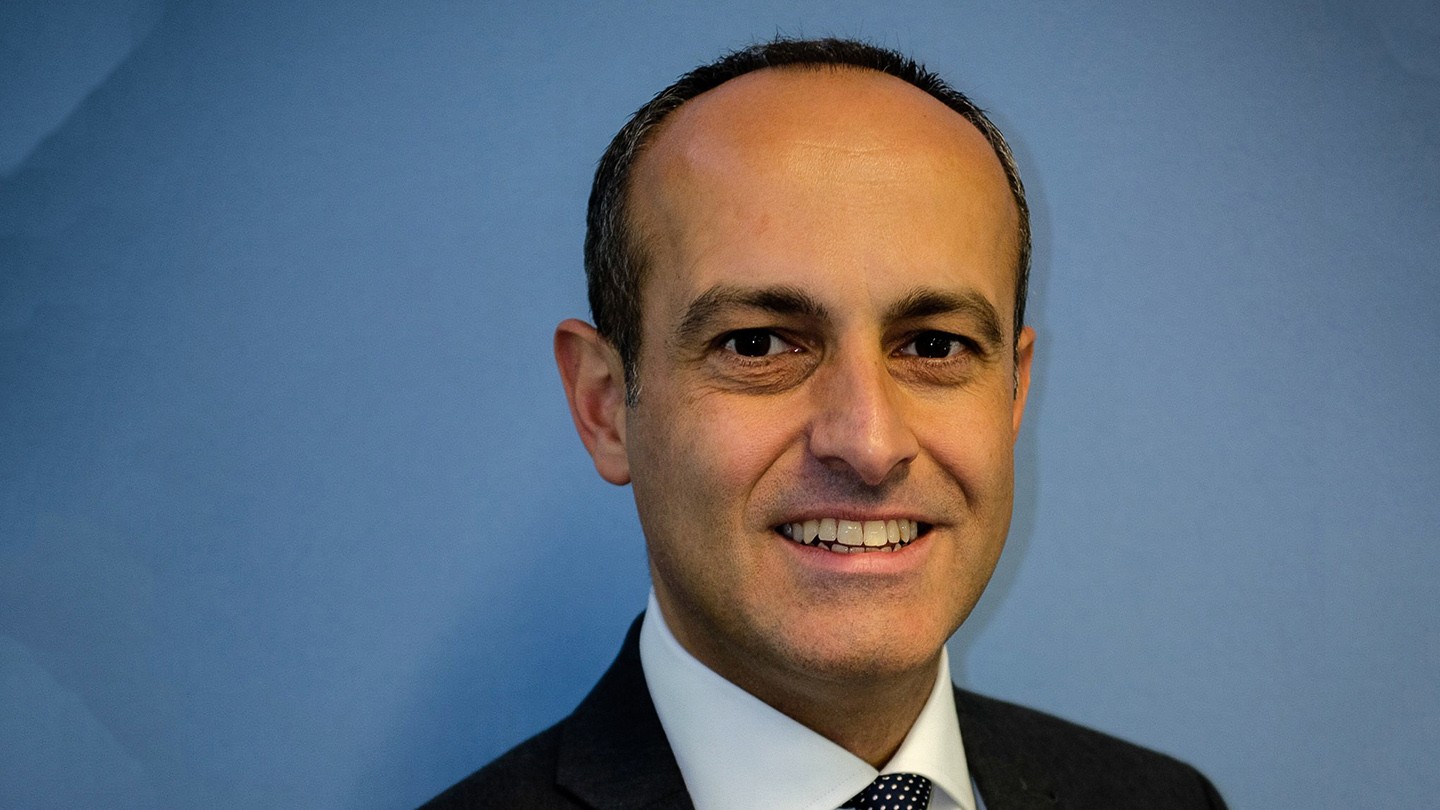With the UK real estate market still adapting to the disruption of the coronavirus pandemic, new challenges and opportunities are expected with the end of the Brexit transition period this year. Barclays experts John Ainsworth and Steve Thomas assess the potential implications for clients, and explain why Barclays is still open for business.
After helping clients through the lockdowns and restrictions caused by the coronavirus pandemic, John Ainsworth, National Head of Real Estate for Barclays Business Banking, is pleased to see the sector continuing to function, with developments continuing to be built and delayed house sales completing. But, on behalf of clients, he is simultaneously wary of the short-term effects of the end of the Brexit transition period and aware of possible opportunities.
Ainsworth, who runs five teams across the UK, supporting over 7,000 real estate customers, says “there are a massive number of factors that could come into play” when it comes to the situations that clients could find themselves in. He stresses the importance of his on-the-ground team of Relationship Managers “thinking about our client base and how they could be impacted by Brexit”.
He points to a possible skills gap impacting both construction and the rental market, with potential changes to costs of raw materials due to tariffs and currency exchange that could affect development.
“Then you have the wider ramifications of Brexit in terms of what it does to the economy, which could be positive or negative, and come on top of the present COVID impacts. We're seeing increased unemployment, which could have an impact on house prices. And on the commercial side, you also have some sectors that are really struggling.”
Despite this, Ainsworth identifies possible opportunities for his clients, saying the house rental market will see “people needing to rent properties for longer because they're not going to be able to generate that deposit”.
“We are still open and continuing to support clients, and we’re seeing good demand and levels of sanctions within business banking real estate,” he says.
Bounce back
As Head of Barclays Corporate Real Estate for the Midlands, Wales and South, Steve Thomas looks after housebuilders and developers with assets over £10m. He says that Barclays remains active, although “our leverage aspirations have come down given there's enhanced risk out there. There's increased uncertainty, so we'd be remiss if we didn't have a little bit more caution. As through-the-cycle lenders, our approach is prudent. It's prudent in a strong market, it's prudent in a tough market.”
Thomas and Ainsworth have been supporting clients through 2020 with CBILS covenant waivers and capital repayment holidays, and are well aware of potential headwinds.
“Overseas investors might be reluctant to deploy capital in the UK in the short term,” Thomas says, “and you're probably going to see some downside risk to the value of sterling. It's going to have that increased uncertainty and some people will press the pause button again for their investment decisions.”
But, he adds, “We're definitely well positioned to support the right clients and the right opportunities, and that's all been borne out by our through-the-cycle approach over the last 20 to 30 years.”




